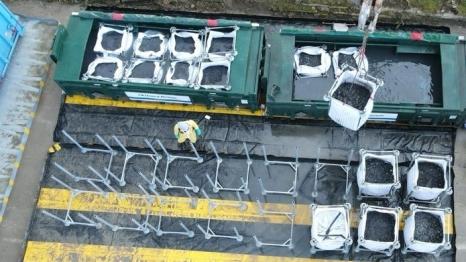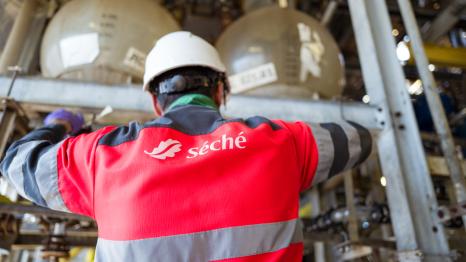Science Based Targets initiative validates Séché Environnement's decarbonization objective
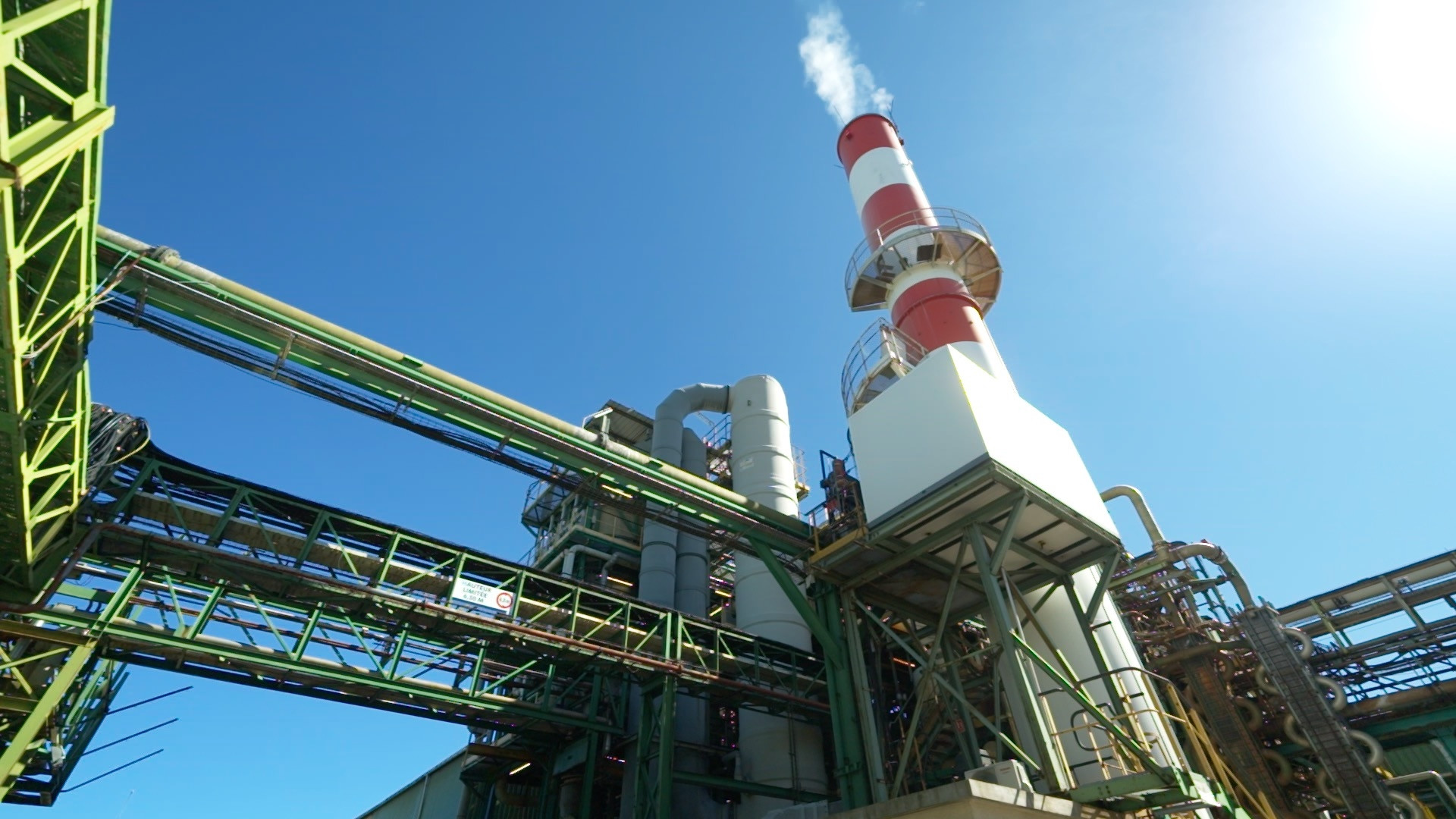
Early 2022, Séché Environnement unveiled its decarbonization strategy with the aim of achieving a 25% absolute reduction in the direct (Scope 1) and indirect greenhouse gas emissions from energy use (Scope 2) between 2020 and 2030 . The strategy can be credited to a collective effort lasting several months and was based on a number of ground-level initiatives and proposals collected across the Group’s many sites in France and abroad, with support from specialist consultancy Carbone 4.
While the action plan to drive the strategy is currently being rolled out across the Group’s industrial sites, the Science Based Target initiative (SBTi) endorsed the Group’s GHG emissions reduction target in January 2023. Therefore, the SBTi recognizes that the target set by Séché Environnement is based on scientific criteria and in line with the Paris Agreement to tackle global warming. The Paris Agreement was adopted by 196 Parties during the COP 21 conference held in Paris on December 12, 2015. Its goal is to hold the increase in the global average temperature to well below 2°C above pre-industrial levels
To fulfill its commitment, Séché Environnement is pursuing an action plan featuring three complementary reduction levers:
- Reduction of energy consumption: the Group is aiming to reduce the amount of energy used at each site by at least 10% between 2020 and 2025. To drive down energy use in industrial and tertiary buildings, reduction of energy consumption actions are focusing on the heating and lighting systems, and office equipment. As for the Group’s industrial processes, actions are targeting air production, cooling systems, heat generation, and leachate and biogas management, as well as improved use of production machinery and transport vehicles.
- Energy substitution: the Group is prioritizing the use of low-carbon energy sources. The primary aim is to meet its own onsite energy needs by using the energy (biogas, heat, electricity, etc.) produced at its sites from waste, where the emission factor is lower than the energy purchased. The Group is also ramping up its efforts to replace the fossil fuels used with less carbon-intensive sources (fossil or non-fossil fuels).
- Eliminating fugitive emissions: Séché Environnement is implementing a policy to address its fugitive biogas emissions. Biogas is produced from the natural fermentation of organic waste in its non-hazardous waste landfill facilities. The Group is spearheading a policy to detect and lower biogas emissions by continually taking corrective action and adapting its operations.
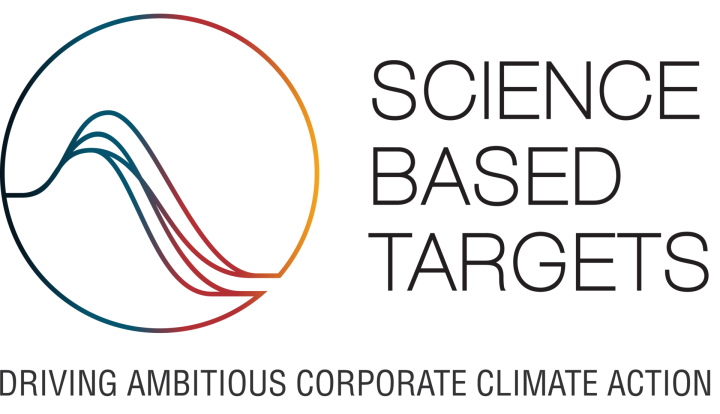
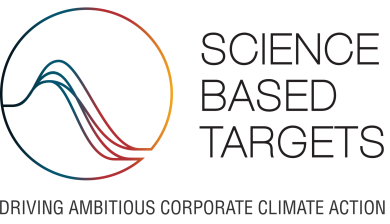
The Science Based Targets initiative (SBTi) is a global organization that enables companies to set ambitious emissions reduction targets in line with the latest climate science. This initiative is a partnership between the Carbon Disclosure Project (CDP), the United Nations Global Compact, the World Resources Institute (WRI) and the World Wide Fund for Nature (WWF). The SBTi independently assesses and validates companies’ CO₂ emissions targets according to a science-based approach and criteria.
Nachrichten und Pressemitteilungen
Alle NachrichtenHello,
We will do our best to answer you as soon as possible.
